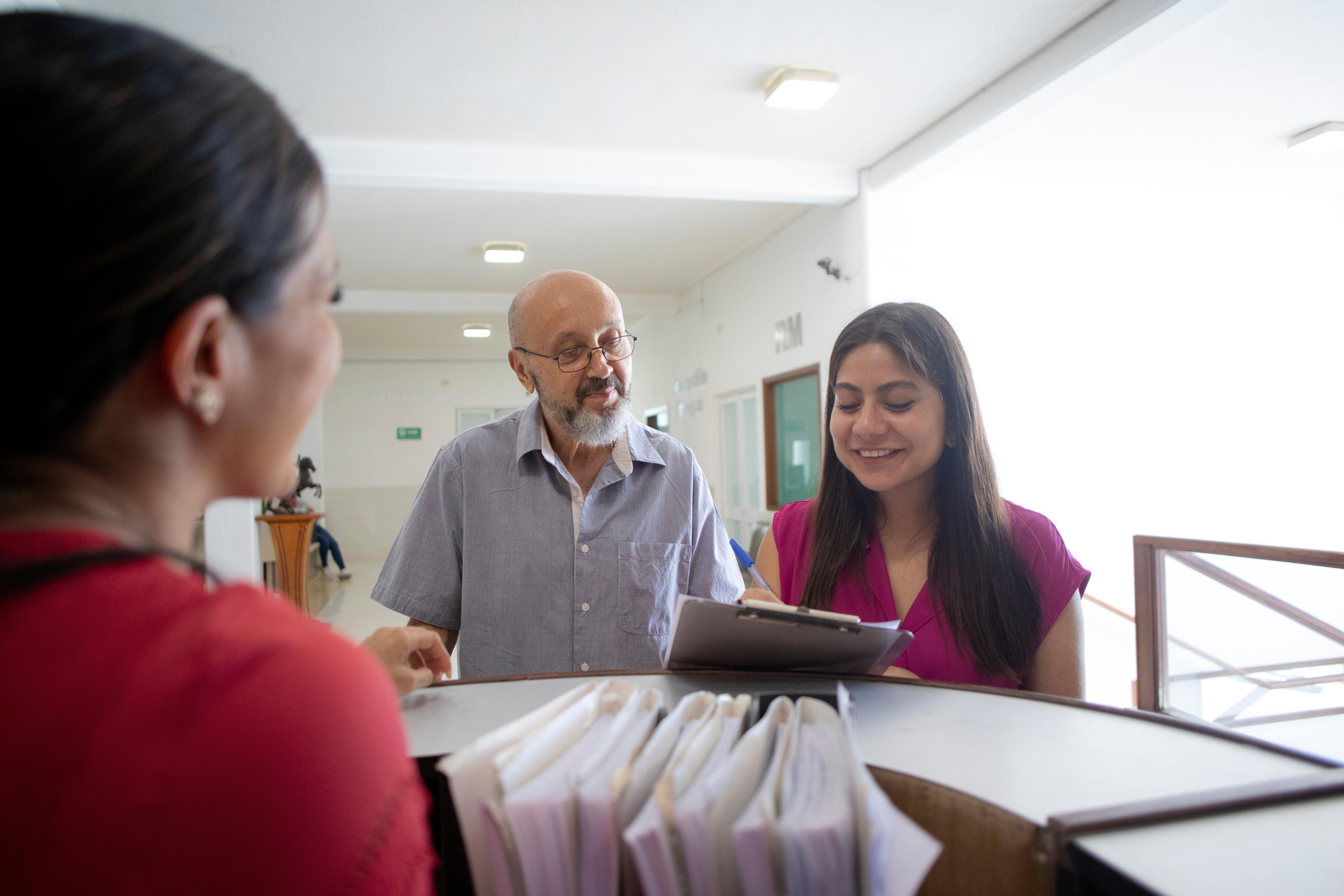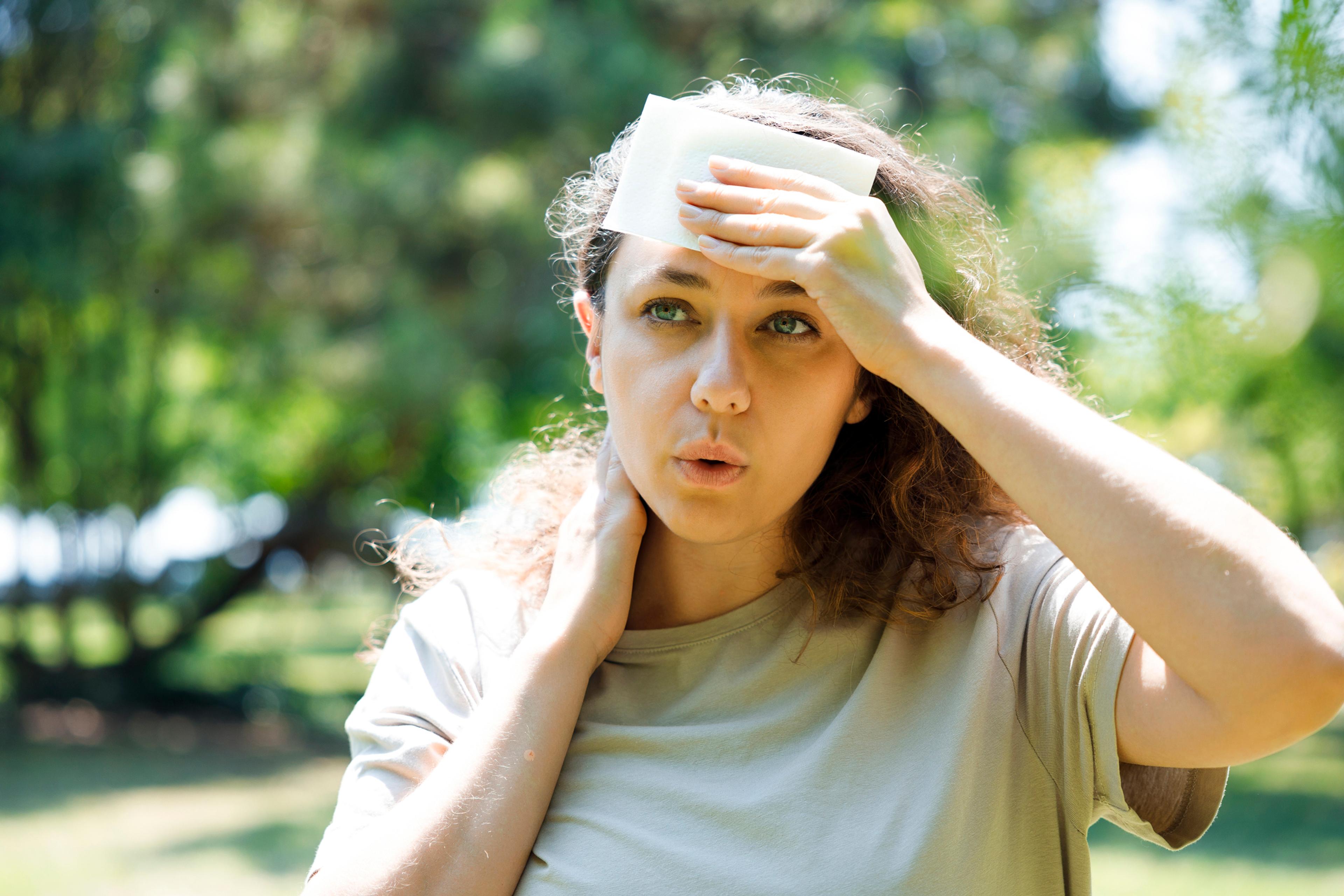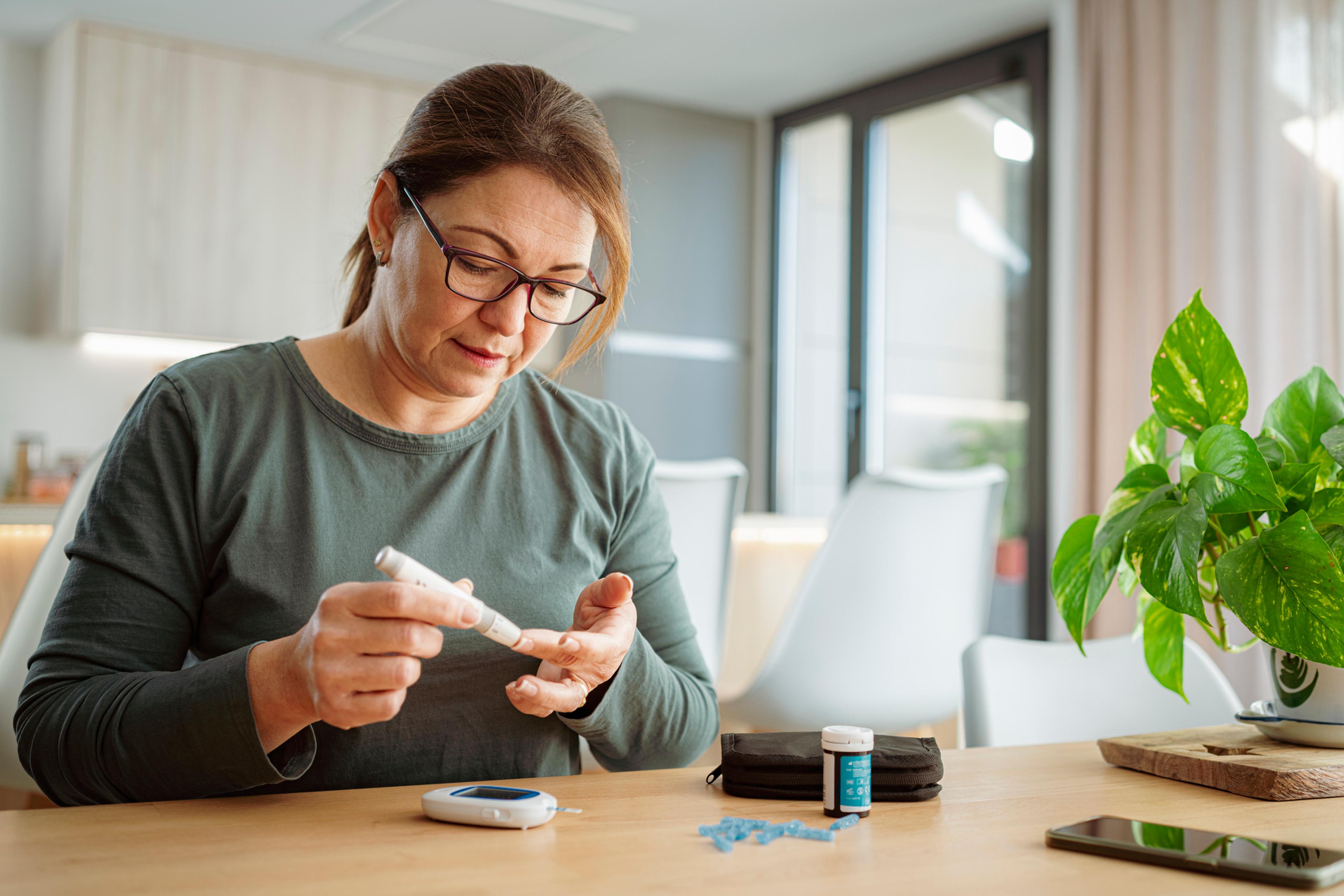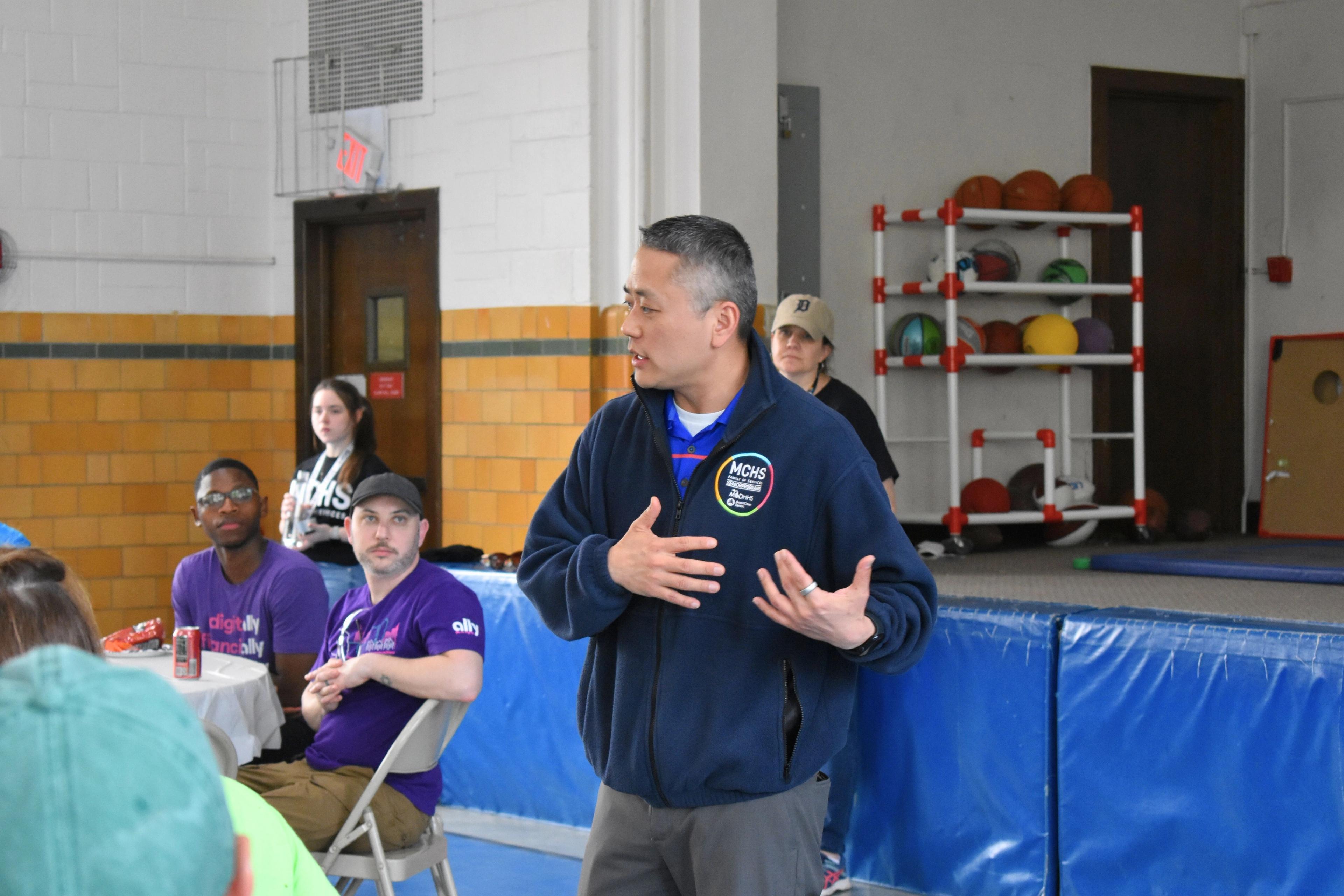Brain Exercises for Alzheimer's and Dementia
Jake Newby
| 4 min read

Cognitive decline is often associated with aging, whether you are diagnosed with dementia or not. But in the same way we exercise to maintain good physical health, we should exercise our minds to keep it sharp and engaged.
Dementia is not a single condition but a term that describes many types of progressive brain disorders where overall cognition declines, and the individual with it has problems with memory, communication, language and decision-making, so much so that it severely affects their life.
More research is needed, but a 2021 study conducted by professors at the Rush University Alzheimer’s Disease Center in Chicago found that a cognitively active lifestyle during old age may delay the onset of dementia by as much as 5 years. While brain exercises alone do not prevent Alzheimer's, keeping the mind active and engaged can help maintain cognitive abilities late into life.
Brain exercises that boost memory and cognitive function
While smartphone apps and computer games may have benefits, most health experts agree that a mix between real-world activities and physical puzzles is the way to go. These exercises could help.
Practice hand and finger exercises for the brain: Various hand and finger exercises can help improve focus, concentration, memory and motor skills. Multi-tasking can become increasingly difficult with age, so exercises that require the brain to do two things at once can be useful. One example is cycling through repeated rock, paper, scissor sign sequences with both hands until you can perform all combinations fluently. Another is to make both hands exchange differing gestures with each other simultaneously. Skim through this video for visual examples.
Complete sudokus and crossword puzzles: Word and number-focused games can be a great way for older adults to stay actively engaged daily. Sudokus can be great for those who have been mathematically inclined throughout their lives, while crosswords offer low-stress problem-solving opportunities.
Keep a journal: Journaling can be a stimulating activity for anyone, but for seniors with dementia, expressive writing can be an excellent way to keep the mind active and creative, while serving as a stress-releasing outlet.
Play card-matching games: Card matching games usually involve a set of cards that are positioned downward, so they all look the same. The player is tasked with flipping over two cards at a time as they try to find the cards that match. Varying version of this game can be purchased online or in stores. They can also be replicated with standard decks of cards. Board games in general – as well as checkers and chess – deserve a shoutout for their cognitively stimulating ability.
Garden: Gardening is an activity that can boost physical health and brain health at the same time. It requires planning, dexterity, sequencing, attention and problem-solving skills, making it an engaging activity for multiple senses.
Sing or play musical instruments: Learning new and complex skills is good for the aging brain, and that includes playing a musical instrument. One study reviewing participatory arts for older adults suggested that musical activities like playing an instrument or joining a choir can have positive impacts on memory, creativity, problem solving, reaction time and quality of life.
Make a floral arrangement: Flower arranging is a simple activity that can be done sitting or standing, at a table, at a bedside, or from a wheelchair. It provides cognitive and sensory stimulation and can help preserve motor skills.
Take up activities that promote hand-eye coordination: Lots of simple activities can sharpen hand-eye coordination, and you don’t have to break a sweat to mix these activities into your daily routine. They can include:
- Painting, coloring or drawing a picture
- Bouncing a ball against a wall
- Playing catch with a friend
- Tai chi
- Sewing
It’s important for older adults suffering from dementia, Alzheimer’s disease or general memory problems to maintain a healthy diet and incorporate regular physical activity into their lives. A healthy, well-balanced lifestyle can help a person stay physically and cognitively fit.
Photo credit: Getty Images
Read more:





